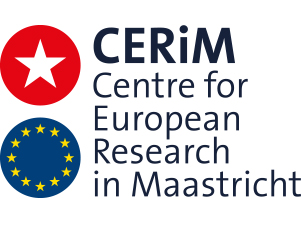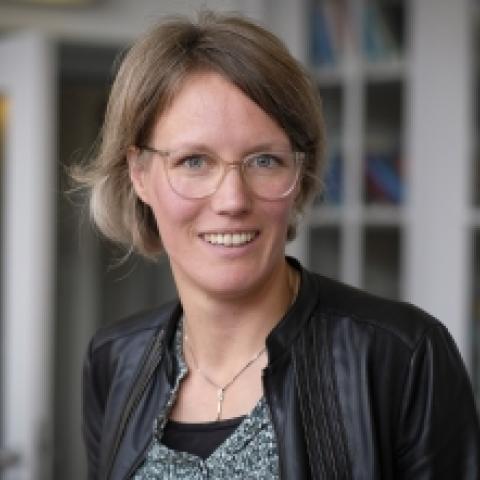Dr. Luana Russo Appointed Co-Programme Director at CERiM
The Centre for European Research at Maastricht University (CERIM) is delighted to announce the appointment of Dr. Luana Russo as its new Co-Programme Director.
Dr. Russo brings a wealth of expertise in European studies and comparative politics, with a distinguished academic career that aligns perfectly with the Centre's mission to advance innovative research and foster interdisciplinary collaboration on European affairs.
As Co-Programme Director, Dr. Russo will work closely with the CERIM team to further enhance its research agenda, support academic excellence, and strengthen the Centre’s role as a hub for critical discussion on Europe's most pressing challenges.
Please join us in warmly welcoming Dr. Luana Russo to this role. We look forward to her valuable contributions to the Centre and the wider academic community.


